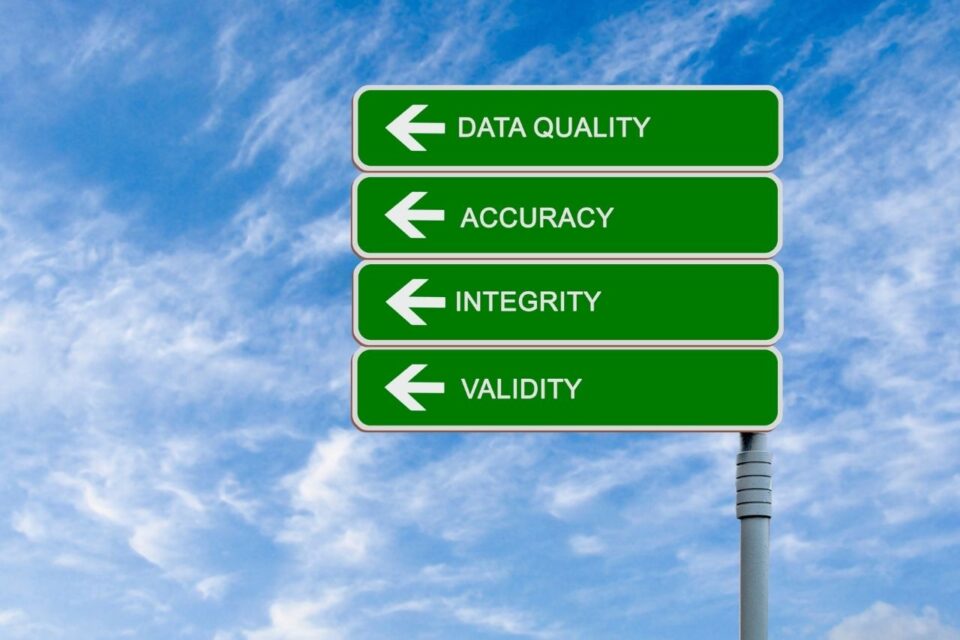
5 Interesting Facts You Need To Know About Pricing Transparency
September 8, 2020
How COVID-19 has increased the need for pricing transparency?
September 29, 2020For any type of business, capacity determines the ability to earn revenues over time. What makes hospitals and healthcare facilities unique in terms of revenue type is the fact that hospitals have different levels of sophistication in terms of technology.
While competitors in an industry often have more similar operations with slight differences to compete, several hospitals are more often synergized in terms of specializations to allow more efficient healthcare systems.
Healthcare revenue cycle management is a system which allows hospital operations to be segmented in different aspects such as insurance coverage, billable physician hours, and the necessary medications.
A scheduled out-patient consultation, for instance, may be recorded into separate data point categories like billable hours, insurance coverage, and medications to be issued.
This way, the hospital would have an idea of how it would allocate its resources at a point in time. If a patient were to undergo a scheduled consultation, they would be able to create a suitable schedule for their physicians to cover the need.
In doing this, overall capacity for a hospital would be tracked, planned, and be easily readable for improvements. More advanced cities with more advanced hospital systems often share non-confidential data on their operations with other specialized hospitals to make sure that each facility is able to take on extra capacity for the other.
In times of disease outbreaks, optimized healthcare revenue cycles help lessen the chances of overcapacity because hospitals have a rough idea of how much capacity each facility can take on.
Given the fact that hospitals depend on their capacity to take on patients and operate, an optimized healthcare revenue cycle can do more than just organize work for their team.
Another reason to employ this system is that cost planning, as a matter of continuity, should be present in a business setting, which is fundamentally similar to healthcare facilities.
A patient’s surgery, when scheduled, can be planned ahead, taking into account the estimated time of the operation, medications needed, the amount of workforce, and the equipment to be used. In doing this, the facility can charge revenue based on the cost of the activity to be performed.
What should be remembered here is that unless the hospital is taking pro-bono work, they should earn revenues higher than costs to make sure that they are able to update their facilities in the future.
A proper revenue cycle management operation would help plan the possible earnings or losses to be incurred by the hospital.
Apart from this, they would also be able to determine the connection between hospital activities and the related costs, which may be able to help in managing their budgets for succeeding periods.
Data-driven management is one of the most employed control systems today because it helps determine objective bases for planning.
A proper style of revenue cycle management would help create a pattern of operations which would make the use of these bases easier.
Apart from all the planning, cost-effectiveness, and synergy, the most important benefit of revenue cycle management is the increase in the quality of healthcare performances over time.
A well-organized type of operation is more likely to have efficient improvements over time than one which is improvised.
Discover The Ultimate Pricing Transparency Solution
If you are interested in a free demo of our AllPayor® Software, please go HERE or you can register for a FREE webinar HERE





